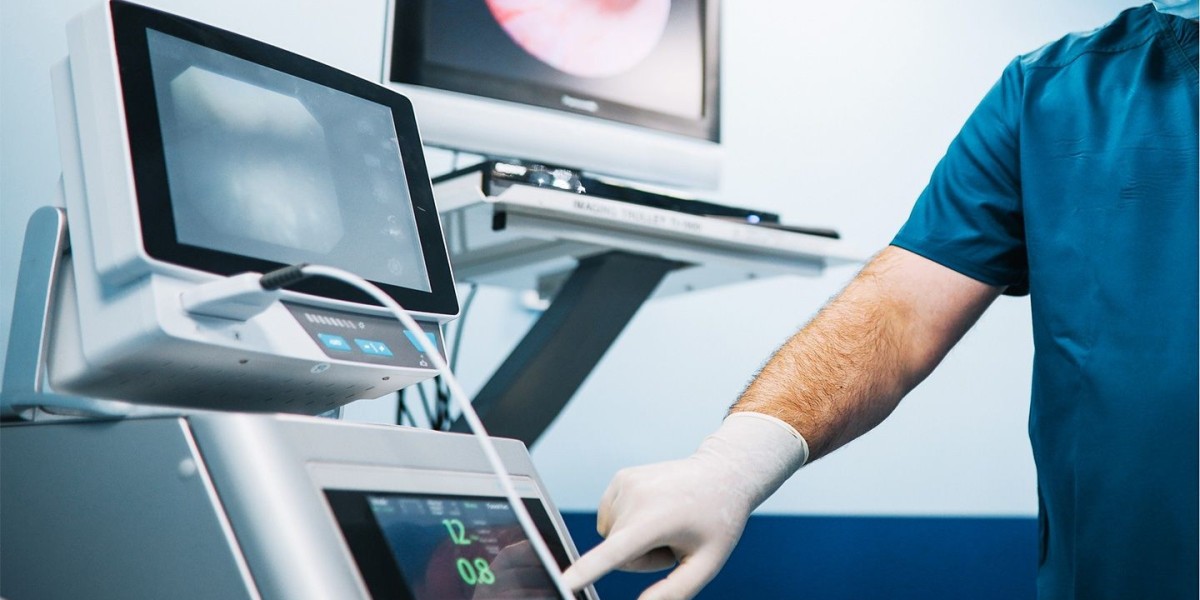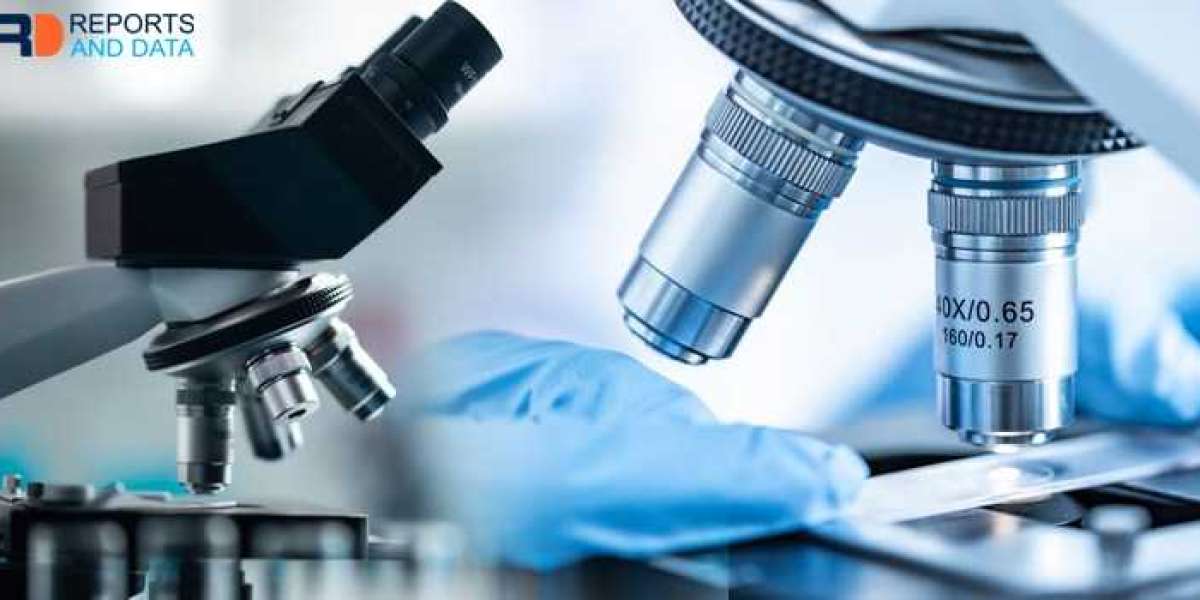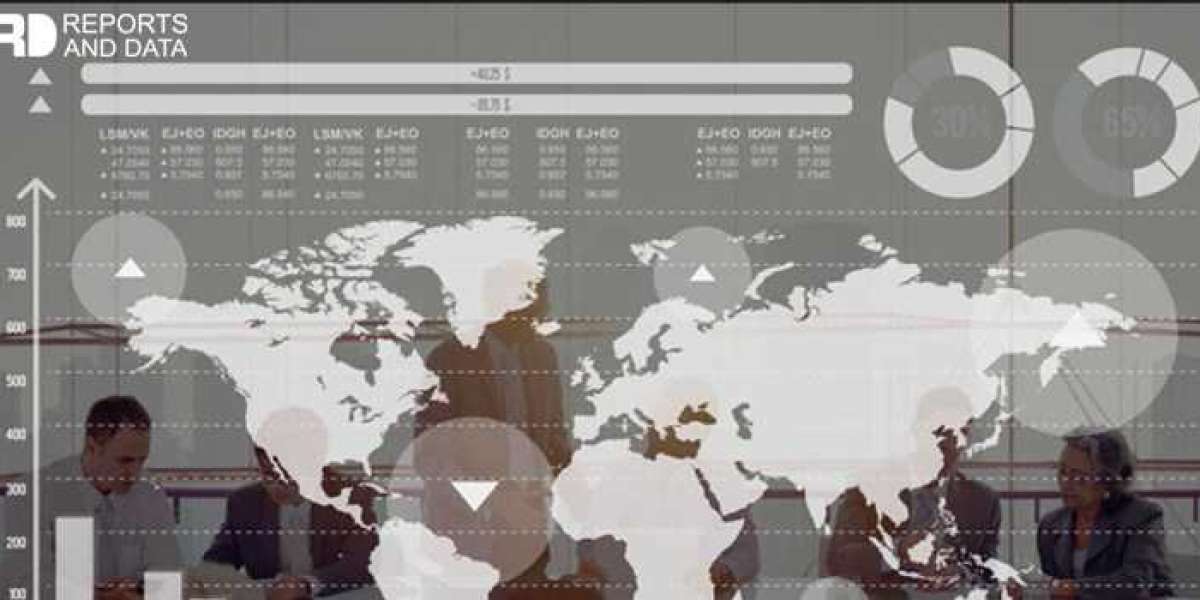Cancer screening is a vital component of preventive healthcare, allowing for the early detection of cancerous cells or tumors before symptoms even arise. This proactive approach significantly increases the chances of successful treatment and survival rates among individuals at risk. From mammograms to colonoscopies, various screening methods are available, tailored to detect specific types of cancer in different populations.
Early Detection: A Lifesaver
The primary goal of cancer screening is to detect abnormalities in the body that may indicate the presence of cancer at an early stage when treatment is most effective. Many cancers, such as breast, cervical, and colorectal cancer, can be successfully treated if diagnosed in their early stages. For instance, mammography can detect breast cancer before a lump can be felt, leading to more treatment options and higher survival rates.
Tailored Screening Guidelines
Screening guidelines vary depending on factors such as age, gender, family history, and lifestyle. For example, individuals with a family history of certain cancers may require earlier or more frequent screenings. Regular screenings enable healthcare providers to identify and address potential cancer risks promptly.
Overcoming Fear and Misconceptions
Despite the proven benefits of cancer screening, fear, and misconceptions often deter individuals from undergoing routine screenings. Some may fear the discomfort associated with certain screening procedures, while others may harbor concerns about potential false-positive results leading to unnecessary anxiety or invasive follow-up procedures. However, healthcare providers play a crucial role in addressing these concerns, providing education, support, and reassurance to encourage participation in screening programs.
Screening Technologies Advancements
Advancements in medical technology have led to more accurate and less invasive screening methods, improving the overall screening experience for patients. For instance, the development of liquid biopsy techniques allows for the detection of circulating tumor cells or fragments of tumor DNA in the blood, offering a less invasive alternative to traditional tissue biopsies for monitoring cancer progression.
Access to Screening: Bridging the Gap
Access to cancer screening remains a challenge for many individuals, particularly those from underserved communities or low-income backgrounds. Barriers to access include financial constraints, lack of awareness, and limited healthcare infrastructure in certain regions. Addressing these disparities requires a multifaceted approach involving community outreach, public education campaigns, and policy initiatives aimed at expanding access to affordable screening services for all individuals.
Empowering Individuals Through Knowledge
Empowering individuals with knowledge about the importance of cancer screening and the available screening options is essential for increasing participation rates. By understanding their personal risk factors and the benefits of early detection, individuals can make informed decisions about their healthcare and take proactive steps to prioritize their well-being.
In conclusion, cancer screening plays a pivotal role in early detection, leading to improved treatment outcomes and higher survival rates. By overcoming fear and misconceptions, embracing technological advancements, and addressing barriers to access, we can ensure that all individuals have the opportunity to benefit from regular cancer screening. Ultimately, prioritizing preventive healthcare through screening initiatives saves lives and contributes to a healthier future for all.



